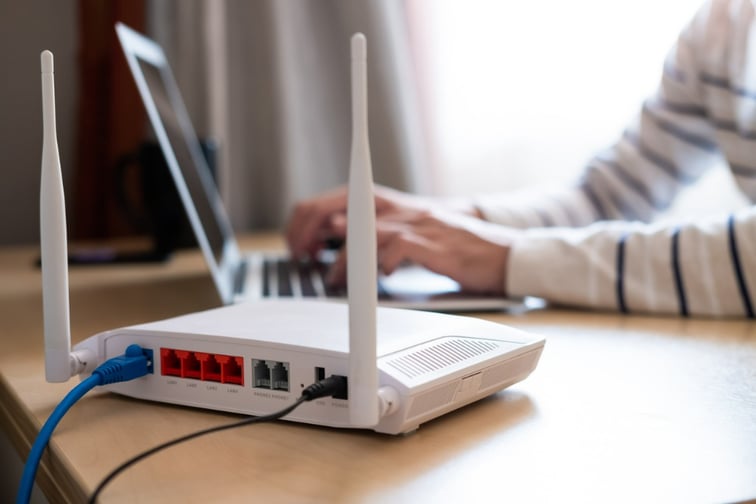

After a network system outage led to countless customers losing their internet connection, Rogers Communication has announced that it will provide credit to all affected clients – a move that is “wholly inadequate” to make up for the sheer amount of loss during the 19-hour internet blackout, a legal expert commented.
The network glitch last week disrupted services across Canada, including households, flights, banking processes, business meetings, and even emergency 911 calls. Service restoration took nearly an entire day, with some customers experiencing longer delays than others.
On Tuesday, the telecom announced on Twitter that it would be automatically crediting customers the equivalent of five days service – Rogers called this its “first step” in earning back the trust of its clients.
But York University governance, law and ethics professor Richard Leblanc has called the offer “wholly inadequate,” especially when one considers the sheer economic loss suffered during the network blackout.
“Five days is predicated on the possible belief that damage to individuals and small- and medium-sized businesses can be quantified solely on the basis of a portion of a monthly fee,” Leblanc told The Canadian Press, adding that while the telecom did show goodwill as a first step, “it’s a minimum.”
Leblanc also commented that Rogers should adjust its compensation strategy to better fit individual, household and business customers because “the damages are not equal” across the board.
The legal expert’s sentiments were shared by Jasmin Guenette, vice-president of National Affairs at the Canadian Federation of Independent Business (CFIB). Guenette explained that the five-day reimbursement is “likely to be insufficient to cover the revenue lost,” prefacing that Rogers should be compensating businesses with a full month of free service instead.
Complicating things further is that insurers’ hands are tied on this matter. The Insurance Bureau of Canada (IBC) stated that the Rogers outage is unlikely to trigger most business interruption or loss of income policies, since the outage did not amount to any physical damage.
As reported by The Canadian Press, Rogers is facing a class-action lawsuit filed earlier this week by LPC Avocat, on behalf of customers of Rogers and its affiliated companies Chatr and Fido Mobile.
The outage did more than just disrupt lives and businesses; it also called into question Rogers’ planned $20 billion acquisition of its rival Shaw Communications. The blackout occurred two days after Rogers was in talks with the federal antitrust authority, highlighting how vulnerable the virtual telecom monopoly would be. Reuters also reported that the federal government had ordered a probe into the Rogers outage.
